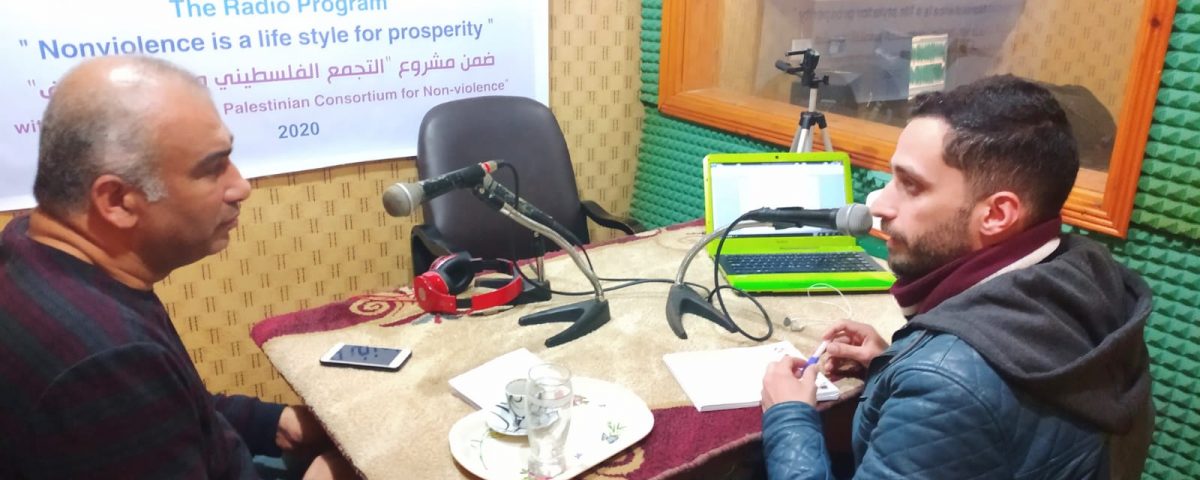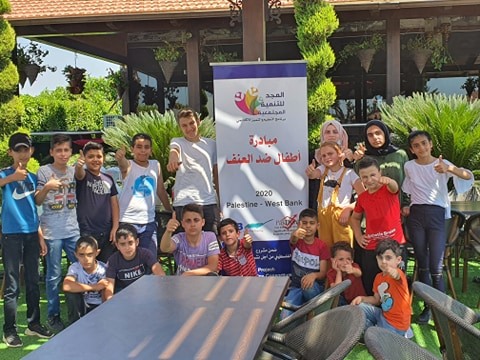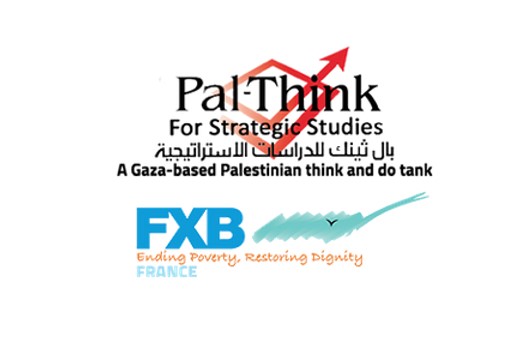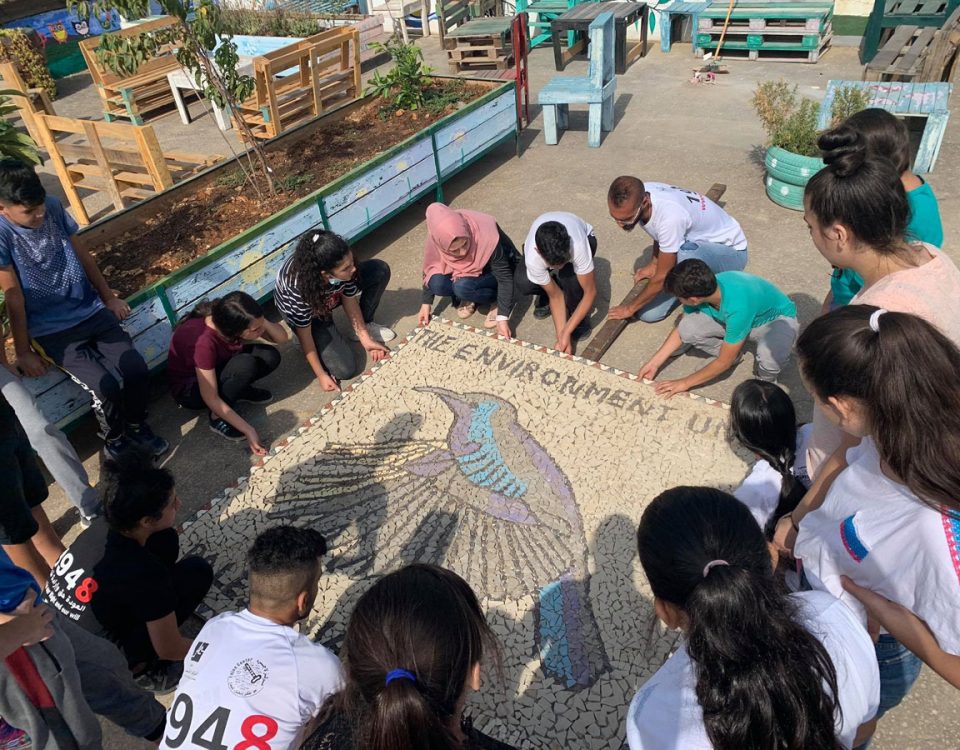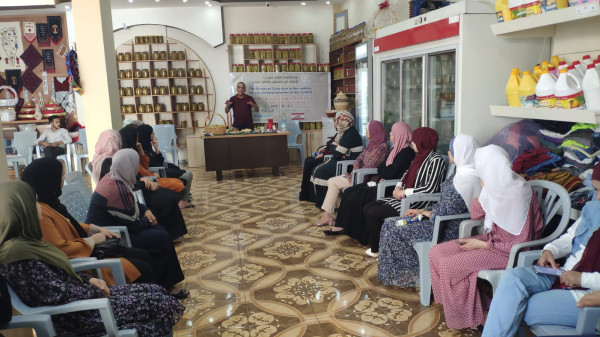- Contact Us
- +972 8-282-2005
- info@palthink.com
“The Experiences of the Peoples of the World and the Palestinian People in the Culture of Nonviolence”

The Economic Situation and The Culture of Nonviolence
10 April، 2020
The Role of Intellectuals in Promoting Nonviolence
17 April، 2020Power is the ability to manage intellectual, financial, and human resources. If this capacity is built on a proper form, this gives us power, meaning that power is the ability to manage power. In the event that power is not managed and is used improperly, this generates violence, and hence nonviolence is the management of power to properly attain the goals. With this definition, Abdel-Moneim El-Tahrawi, Project Manager at the Palestinian Center for Democracy and Conflict Resolution, began the third episode of the “Non-Violence Lifestyle” program implemented by Pal-Think for Strategic Studies and fxb France within the project “Promoting the Culture of Non-violence”.
Al-Tahrawi stated that it is important for any peaceful move or behavior to start by defining the goal of it, followed by choosing the method that you will follow to achieve the goal without harming others through several tools such as sit-ins, open strike on food, popular resistance, boycott, and alternative ways to resolve conflicts through negotiations, mediation and arbitration in addition to modern methods such as advocacy and support for issues of marginalized groups and societal accountability. He noted that determining the optimal tool depends mainly on the desired goal for movement or behavior, stressing that the most important thing that must be preserved during and after conflicts is the value system, which is the first protector of the decent behaviors.
He stated that there is an important issue in discussing the issue of building civil peace and resolving internal conflicts in society, the summary of which resembles the difference between efficiency and effectiveness. Some people may think that we can achieve part of the goals in confronting conflicts, “division, for example” by following violence, but often the cost will be high, and this is called effectiveness. As for the efficiency in resolving conflicts by peaceful means, it may require time, in view of the intransigence of the strongest party, but it guarantees the proper use of resources and preserving others without harming or harming them and ensuring the continuation of a healthy relationship in the future with the other side of the conflict and this is the philosophy of nonviolence.
Al-Tahrawi explained that the Republic of Rwanda, which lost about 800 thousand citizens in a war between two tribes in less than a year, was able, through negotiation based on the win-win principle and the activation of non-violent tools, to fold the pages of violence, and in less than thirty years it launched a satellite, praising the experience of Arab youth in proposing their demands through the movement of the “Arab Spring” and following peaceful methods for making the desired difference.
He talked about the experience of India and Gandhi in boycotting the occupation that transferred India from the stage of the occupation to the stage of independence, referring to the importance of the role of the media and social networking sites in transferring these experiences and making them a model for the entire world and the popular adoption of the experience.
In the conclusion, he identified some challenges that might face nonviolence tools such as what the South African says that the occupation does not understand the language of nonviolence during the Wilson Mandela experiment, following that the most important points to focus on are showing the occupier’s criminality and its violation of laws in order to obtain rights.

